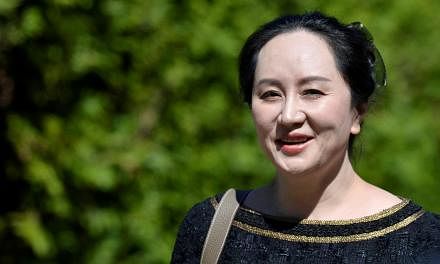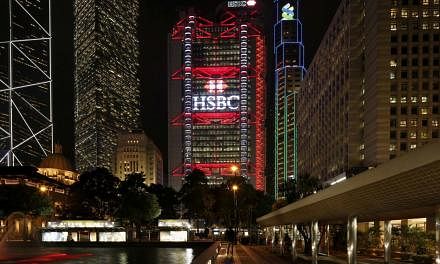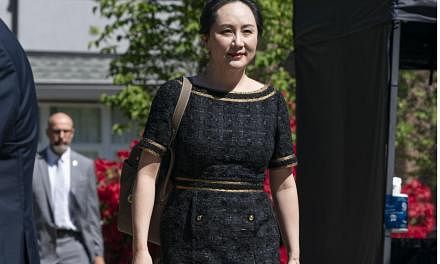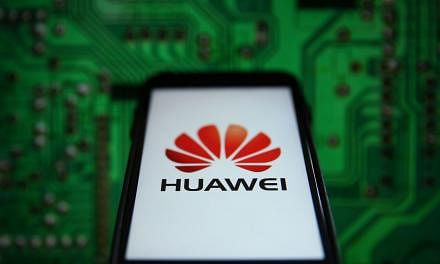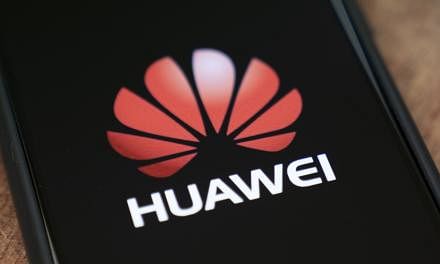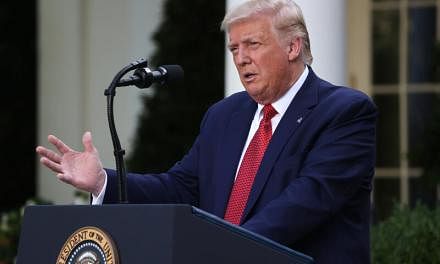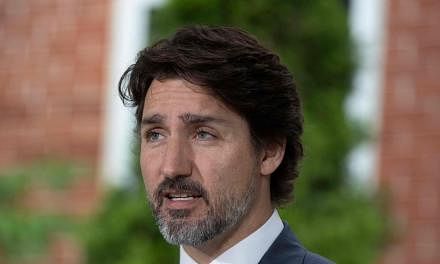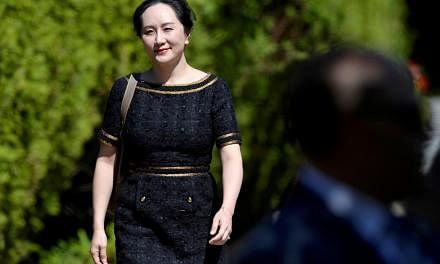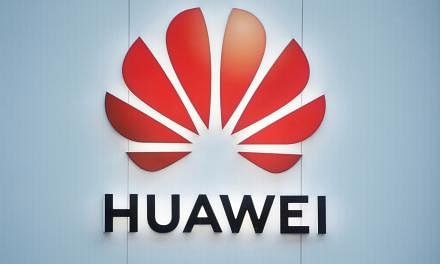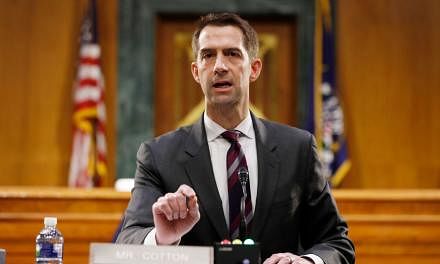BEIJING - China supports Huawei's lawsuit against the United States and backs the tech giant for refusing to be a "silent lamb".
It also said it will do everything to defend the interests of Chinese companies and citizens.
Foreign Minister Wang Yi made it clear on Friday (March 8) that Huawei is under attack and the recent actions against it were "not simply a judicial matter but deliberate political suppression".
"We support related companies and individuals to take legal actions to protect their rights and interests, and not be a 'silent lamb'," he said on the sidelines of China's annual parliamentary session.
Huawei filed a suit against the US government on Wednesday, alleging that a law that barred federal agencies and their contractors from using its equipment and services was unconstitutional.
It faces legal issues on another front as well: Chief financial officer Meng Wanzhou faces extradition from Canada to the US on possible charges of flouting Iran sanctions, claims which her lawyers have also argued were politically motivated.
Mr Wang said countries have a right to pursue their own technological development, and called for a fair and competitive market for businesses.
He also urged greater cooperation rather than competition with the US, adding that China hopes Washington will "abandon its zero-sum thinking", while pointing to the US$630 billion (S$857 billion) worth of bilateral trade chalked up last year.
Some people want China and the US to "decouple" economically, Mr Wang said.
"I think this is obviously unrealistic. 'Decoupling' from China means 'decoupling' from the opportunity, that is, 'decoupling' from the future. In a sense, it is also 'decoupling' from the world."
Trade talks have made substantial progress, said Mr Wang, pointing out that it shows a commitment to consultation and mutual respect will bring about resolution.
In a wide-ranging press conference that went on for nearly two hours, Mr Wang was asked about China's relations with Russia, Japan, India, Europe, Africa and North Korea.
He also addressed the failed talks between Pyongyang and Washington last week, noting that the issue of denuclearisation on the Korean peninsula cannot be resolved overnight, as the problem has persisted for decades.
All parties should have pragmatic expectations and not set the bar too high in the first instance, or unilaterally put forward unrealistic demands.
"The way to solve the problem is to jointly formulate a road map for realising the denuclearisation of the peninsula and establishing a peace mechanism," said Mr Wang, adding that it should be done in a phased and synchronised manner with clear and specific measures at each stage.
He also took the opportunity to restate China's foreign policy of pursuing peaceful development while eschewing hegemony: "China will surely become a stronger nation, but it will not become more tough."


